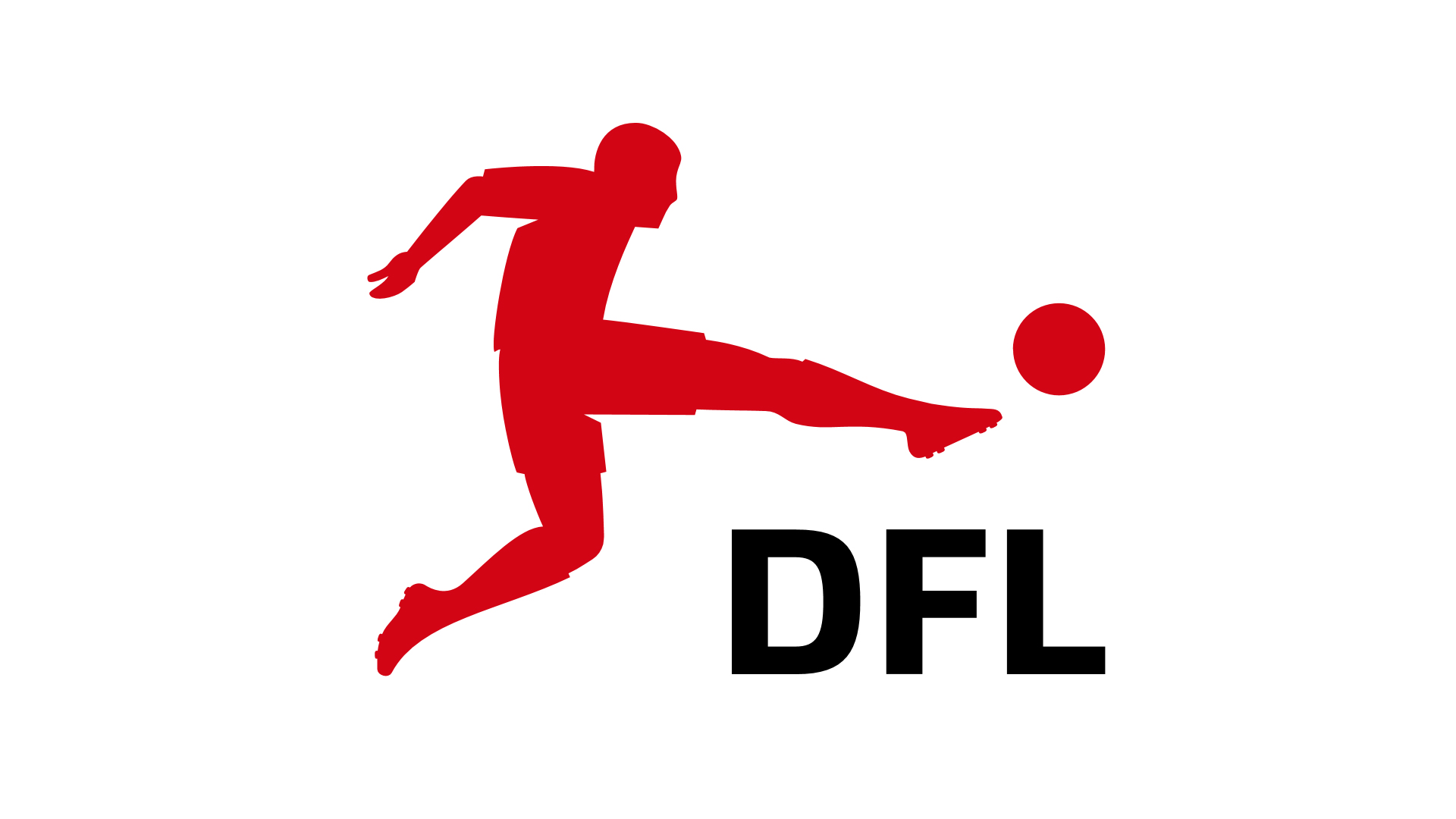March 20 – German professional football has hit record revenues, breaking the €5 billion barrier for the first time, according to the 2024 DFL Economic Report.
The report finds that the Bundesliga and Bundesliga 2, 2022-23 season revenue totalled €5.24 billion: 9% higher than the previous record from the 2018-19 season (€4.8 billion).
The figure represents the end of a long climb back to pre-COVID levels, after last year’s DFL Economic report showed growth on 2021 but still €325 million short of the figures posted from the 2018-19 season before the pandemic struck.
Many clubs are reportedly still feeling the effects of the loss in revenue during the pandemic. However, the DFL say that the record turnover also goes hand-in-hand with increasing recovery from the economic consequences of the COVID-19-pandemic and a return to profitability.
In the 2022-23 season, approximately two-thirds of the Bundesliga clubs recorded profits, marking an increase from 18 to 23 compared to the previous year.
Across the two leagues 55,001 people were employed in the 2022-23 season, increasing by almost 7,000 from 2021-22 and almost doubling 2020-21’s figure of 26,183.
At €4.45 billion, the Bundesliga alone generated the lion’s share of income as it broke its own record revenue figures. The increase, in excess of 23% compared to the previous 2021-22 season (€3.61 billion), is attributed to increases in all main business lines.
With covid attendance restrictions over, Bundesliga ticket sales almost doubled to €536.5 million.
Central marketing revenue increased by 10% to €1.52 billion, while advertising revenue reached a record €1.12 billion (21% increase).
In the transfer markets the German clubs came out ahead with revenue reaching €617.1 million (34% increase).
Hans-Joachim Watzke, speaker of the DFL Executive Committee and Chairman of the DFL Supervisory Board said: “Not only do the Bundesliga and Bundesliga 2 offer outstanding sport, unforgettable moments and excitement, they also are and will remain a successful industry. Professional football, like many other industries, is still struggling with the financial consequences of the pandemic-related loss of revenue – but the trend is clearly moving upwards and back into the profit zone.”
DFL CEO Marc Lenz added: “With a personnel cost ratio below 50% and larger investments in youth academies, German clubs are sustainable and much healthier financially than other top European leagues. Sporting success and attractive leagues must remain achievable with economic efficiency – as the future, healthy standard in Europe.”
The DFL emphasised that the German professional football remains a major taxpayer with its clubs paying €1.6 billion in taxes and duties last season (compared to €1.3 billion in the 2020-21 season).
DFL CEO Steffen Merkel said: “A record amount of taxes and duties, 55,001 people employed and the highest ticket sales in history: the key figures for the 2022-23 season speak for themselves, not just in terms of revenue and once again document the social importance and responsibility of the Bundesliga and Bundesliga 2. Despite times of crisis, German professional football has retained its popularity and appeal.”
The growth in spectators has continued into the current 2023-24 season. In the first half of the season, some 10.28 million tickets were sold for German professional football – an all-time high.
Contact the writer of this story, Harry Ewing, at moc.l1722043133labto1722043133ofdlr1722043133owedi1722043133sni@g1722043133niwe.1722043133yrrah1722043133

